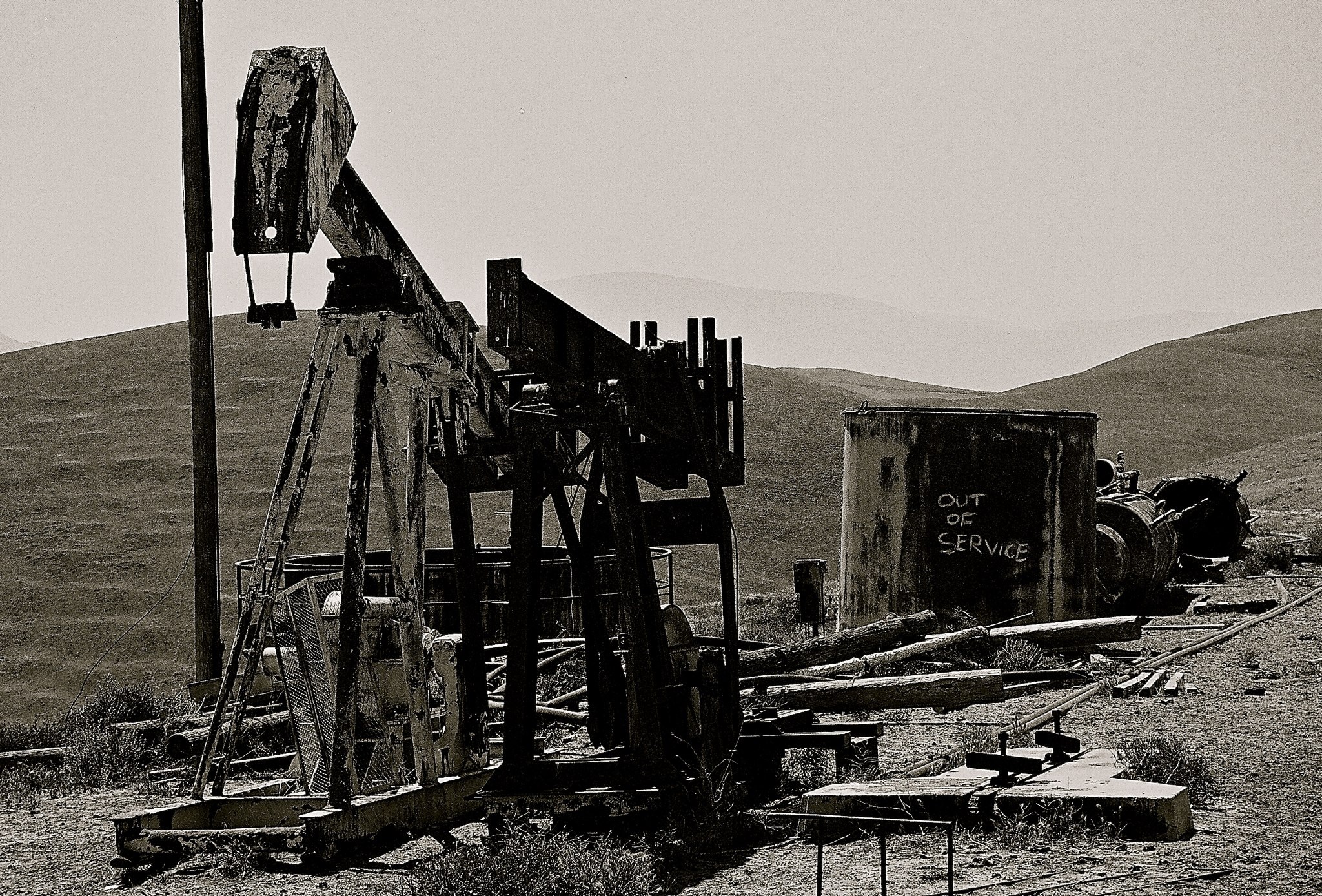by Sophie Nguebana, Daniel Tsvetanov, Patrick Osborne, Alberto Perego, Alexander Geysman, Timothy Abraham – Featured photo by Jerry Mathes III
Egypt to Use Gas from Cyprus
In the end of August, Cyprus and Egypt signed an agreement, under which natural gas from offshore fields located in Cyprus will be supplied to Egypt. The agreement (which is the first in the series of three) includes construction of a subsea pipeline between the two countries. The pipeline is expected to become operational in 2020-2022. This development is significant in two ways. Firstly, it clearly improves Mediterranean relations and reinforces its Energy union. Secondly, it fills the gap in Egypt’s own natural gas supply, which has suffered after the revolution of 2011.
NGW Magazine: Cyprus and Egypt Sign Gas Agreement. Natural Gas Europe, September 7, 2016. http://www.naturalgaseurope.com/cyprus-and-egypt-sign-gas-agreement-31487
Russia-Saudi Deal
During the G20 summit in Hangzhou, China, the Russian Energy Minister, Alexander Novak, and the Saudi Arabia Minister of Energy, Industry and Natural Resources, Khalid bin Abdulaziz Al Falih, signed a joint declaration for the stabilization of the oil market. Novak and Al Falih agreed that oil output freeze is the most effective measure in stabilizing the oil market and ensuring the stability of long-term investments. After this message Brent crude from the North Sea for November delivery rose by 5.4% and reached 49.15 dollars per barrel. This “historical deal” between the OPEC member and non-OPEC member, apart from the economic significance, has a political message. Russia and Saudi Arabia have different policies on many issues, like Syria and Iran, but both experience high budget pressure, because of the low prices of oil. Therefore, the common interest of market stabilization is leading the two countries to cooperate. Saudi Arabia is sending signals to the United States, that it has alternative partners, while Russia is showing that it does not support Iran on all cases. The actual freeze volumes are expected to be agreed upon at the meeting in Algiers.
Rascouet A. Oil Pares Gains as Saudi Arabia, Russia Fall Short of Freeze. Bloomberg. September 5, 2016. http://www.bloomberg.com/news/articles/2016-09-04/oil–holds–above-44-as–saudi–arabia–russia–agree–to–stability
Norwegian Sovereign Wealth Fund Divests from Duke Energy
Norway’s $900 billion oil fund has added Duke Energy to a list of companies it is barred from investing in due to risk of severe environmental damage. This is one more example of ethical measures applied to entities receiving investment from the Fund. The list of entities barred from the Fund’s investment includes more than 110 organisations, where the Fund refuses to hold shares based on the environmental aspects of these companies’ activities. The Norwegian fund is one of the most influential investors in the world.
Milne Richard. Norwegian oil fund sells shares in Duke Energy. Financial Times. September 7, 2016. https://www.ft.com/content/7e6cf278-74fc-11e6-bf48-b372cdb1043a?siteedition=intl
New Shale Play Discovered by Apache
America is the land of shale oil. Hydraulic fracturing and horizontal drilling has made the USA a big oil producer. Around 4 million barrels a day are produced from unconventional sources. The companies have experienced some difficulties with low oil prices (meaning high operational costs), but lately Apache Corporation has held its finances under control. The current oil price has not discouraged American shale oil companies from researching and planning investments. On September 7, Apache announced that after more than two years of geologic researches, testing and drilling it could confirm the discovery of a new resource play, which will be called “Alpine High”. This new field is located in the southern part of the Delaware Basin in Texas. The company estimated that the possible resources are 75 trillion cubic feet of rich gas and 3 billion barrels of oil. The Delaware Basin has good midstream connections, which were created for previous extraction sites.
DiLallo M. Apache Corporation Just Unveiled a Monster New Oil Discovery. The Motley Fool. September 7, 2016. http://www.fool.com/investing/2016/09/07/apache-corporation-just-unveiled-a-monster-new-oil.aspx
Algeria-Russia Energy Dialogue
Russia-Algeria energy cooperation dialogue was given a start with a visit of high ranking Algerian officials to Moscow at the beginning of September. Russia is in search for new partners and allies and is trying to diversify the economy by exporting its expertise and technology, instead of the plain export of commodities. The visit to Moscow is actually part of large tour undertaken by the Algerian Minister of Energy; he plans to visit his Saudi counterpart and the head of OPEC soon. Another crucial point in this context is that later this month there will be an important meeting of oil producers in Algiers and Russia would like a warm welcome from the host.
Boutarfa: Algeria, Russia commit to boosting energy cooperation. Algeria Press Service. September 9, 2016. http://www.aps.dz/en/economy/14149-boutarfa–algeria,-russia–commit–to–boosting–energy–cooperation
Israel and Turkey: A Breakthrough
Diplomatic negotiations between Israel and Turkey are now underway. Since the Israeli army entered a Turkish aid boat (flotilla) that tried to enter Gaza, which is under blockade by Israel, which left 8 Turkish citizens dead, ties between the two countries have been frozen. Recent negotiations might bring upon a change to the current energy situation in the Middle East and Europe, with consequences for Russia. In 2009 and 2010 Israeli companies discovered two major gas fields off its coast. It is expected that gas might be sold from 2017, which will have a major impact on the region. The first major impact is on Israel’s energy independence, which currently imports most of its energy and costs it around 5% of its GDP. The second impact is on Turkey’s energy dependence, which is currently greatly dependent on Russian gas. The last impact, which is a long term one, is for the EU’s energy security. If Israel manages to build pipelines towards Europe, the EU might be able to diversify its energy suppliers with a new partner in a relatively stable democracy. This might be a great gift to the EU’s 2030 climate and energy framework.
Coats C. Israel, Turkey Clear the Way for Natural Gas Projects with Diplomatic Thaw. Forbes. June 27, 2016. http://www.forbes.com/sites/christophercoats/2016/06/27/israel-turkey-clear-the-way-for-natural-gas-projects-with-diplomatic-thaw/#7c5675cd65c0
Russia, Iran and Venezuela to democratize?
This article discusses a report published by Renaissance Capital that describes positive outcomes of the latest oil crash. According to Charles Robertson, a chief economist at the company, history shows that sharp falls in oil prices can lead to a democratization of the oil supplying countries. He gives Mexico, Iran, Algeria and the Soviet Union as examples that all underwent structural changes in their institutions after a fall in oil prices between 1988 and 1990. This theory fits within the theory of the resource curse. He explains that this impact is only with countries whose oil exports are small in net per capita terms, since these countries also depend on taxation. Since this might mean those countries would depend more on taxation since revenues on oil exports will fall. When taxation takes place, the population will automatically also expect representation, and when this fails history has shown that it can lead to revolutions and even the creation of new nations.
Barnato K. Russia, Iran and Venezuela may ‘democratize’ by 2020: Research. CNBC. September 7, 2016. http://www.cnbc.com/2016/09/07/russia–iran–and–venezuela–may–democratize–by-2020-research.html

